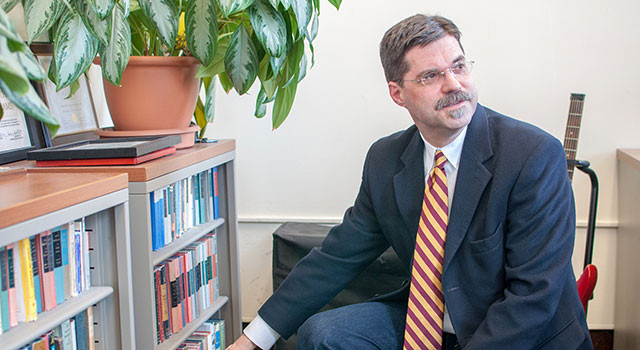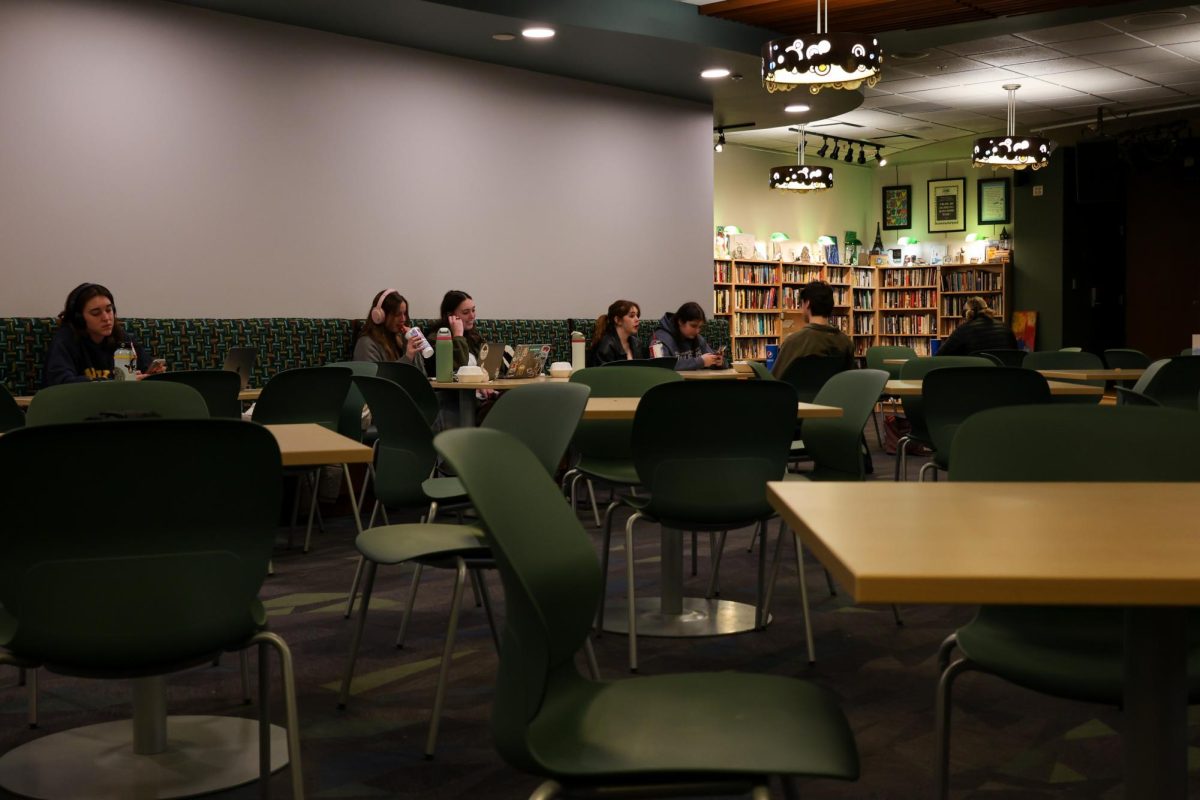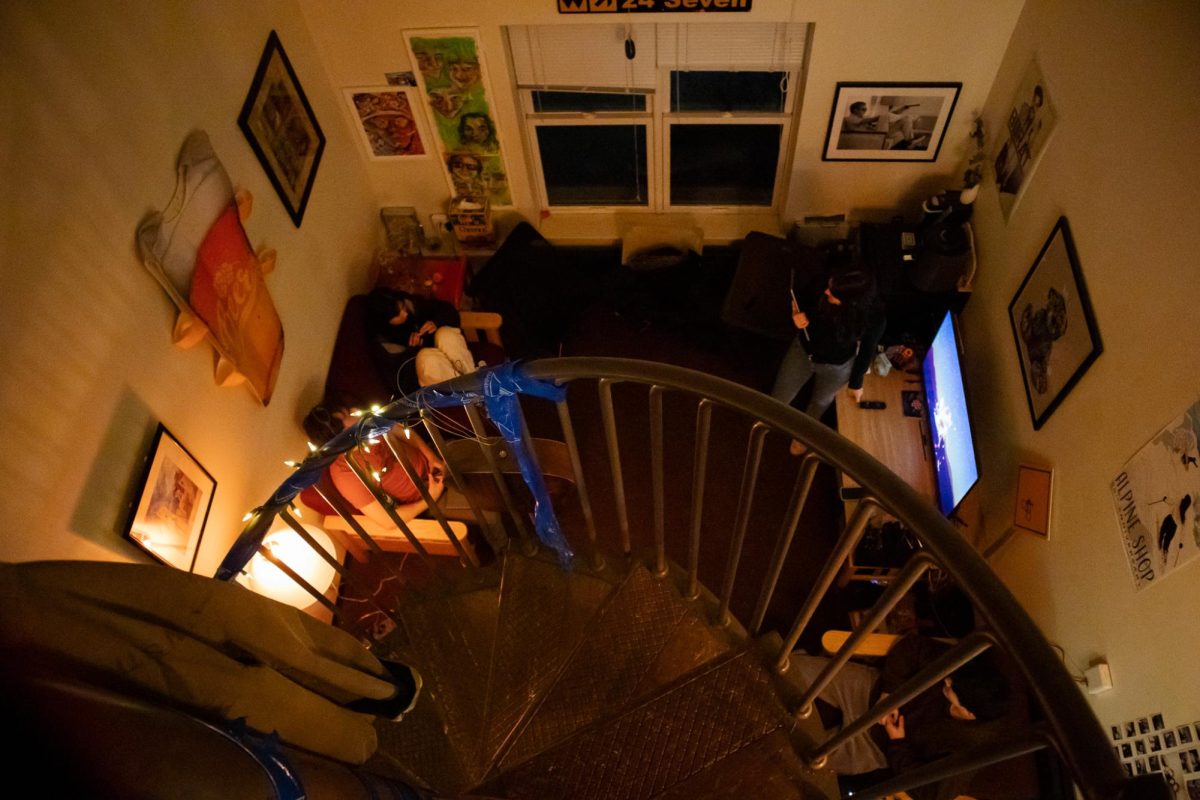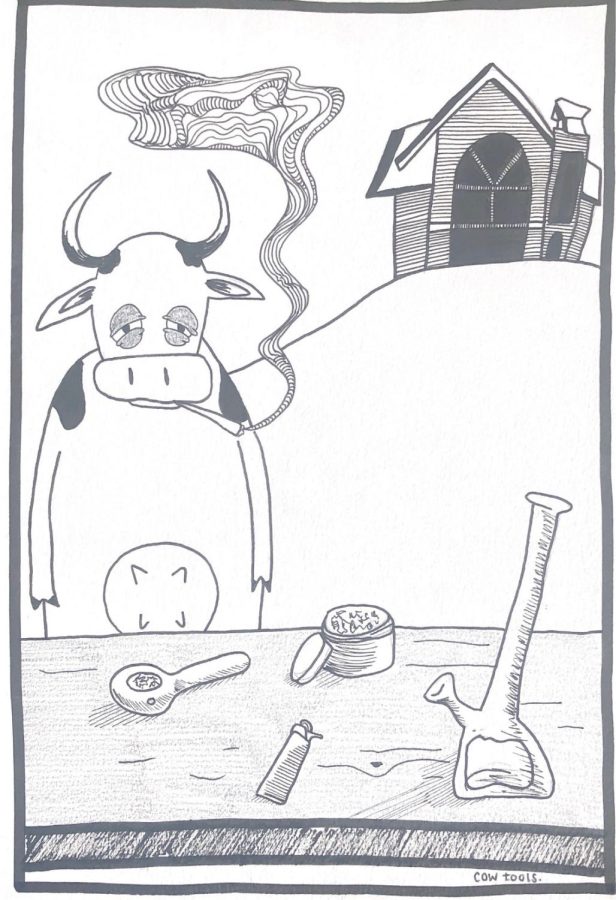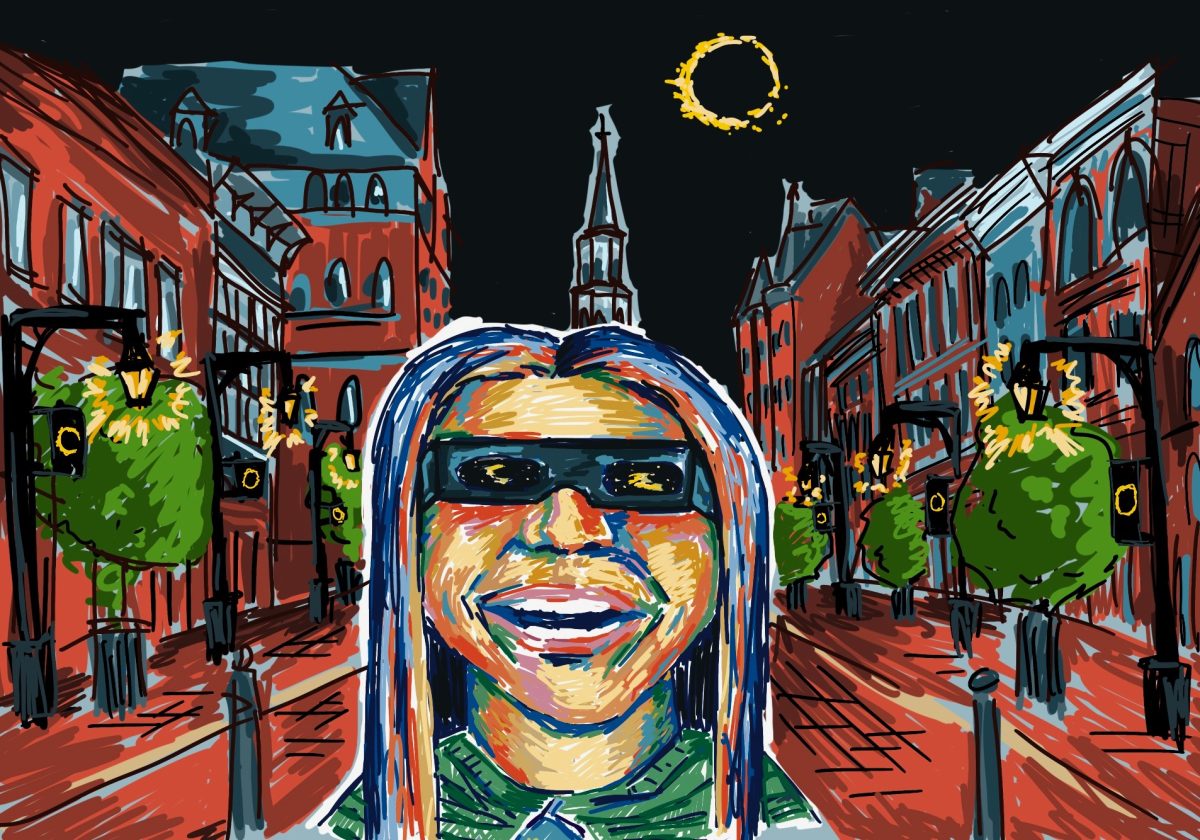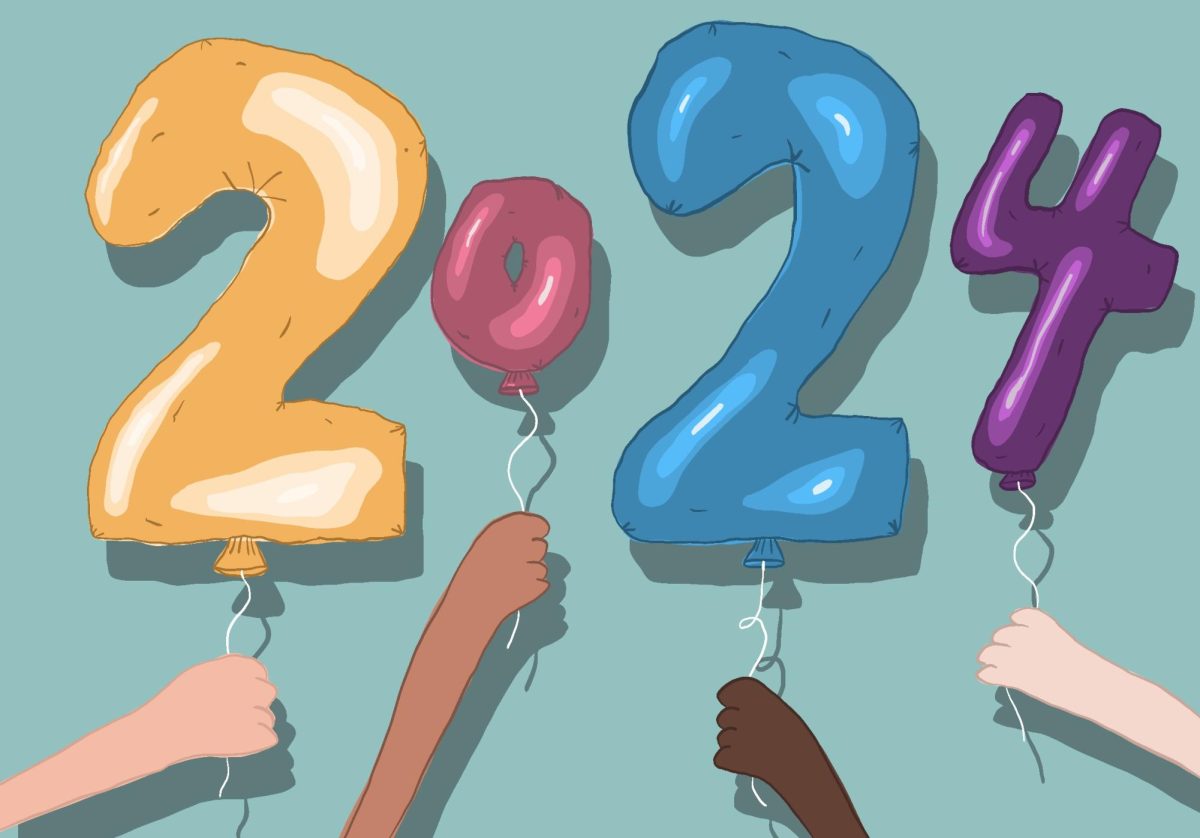Students at UVM are likely familiar with the openness at their University. Now every reader of The New York Times is as well.
Just over two weeks ago, New York Times writer Julie Scelfo wrote an article about the transgender community at UVM.
The headline read “A University Recognizes a Third Gender: Neutral” and in just four days, 3.3 million people had viewed the article, University Registrar Keith Williams said.
Senior Rocko Gieselman, who was featured in the New York Times article, said they were unhappy with the inaccuracy of the headline.
“Identity is genderqueer not third gender,” Gieselman said.
Within the last decade or so, the transgender community can feel safer because of one slight change in the Banner system.
Williams said Banner is the “most widely-used information system in the world.”
Gieselman said that they came to UVM knowing their identity would be supported.
“Banner is our student information system,” said Dot Brauer, the director of UVM’s LGBTQA center.
In 2001, Williams was approached by Brauer, he said.
The two were able to join together with a team of other staff, faculty, administrators and students to offer students the option to specify their preferred pronoun.
They also gave students the ability to change their name on university documents, regardless of whether they had changed their name legally, Williams said.
The Banner system had been approached by many colleges asking for change, but ignored all requests so UVM made the change themselves, Brauer said.
After about 10 years, there was finally a change in the system and now UVM is the first of over 1800 schools to use Banner and modify the database.
The change became active in January 2009, Williams said.
Since then, Williams said that UVM has helped other universities become more welcoming by giving them the new software within the Banner system that Williams created to allow for the change.
Williams said this is easily the most important project that he has worked on in his career.
“I think that UVM has been really, really supportive,” Gieselman said. “It is, however, important to recognize that all of the advocacy work and software patch is coming from a select group of people, not just UVM as a whole.”
Gieselman said that “UVM has been getting a lot of positive media, but that it is important that the administration put their money where their mouth is.”
Gieselman said that publicity on this matter has potential to bring in a lot of money into the university in the near future.
With that, they said it is “pertinent” that the programs supporting transgender equality be funded more efficiently.
However, Williams said UVM’s new system has received a lot of recognition.
“Since the change went live, I have been called by schools all over the country,” Williams said. “In the last six years on average, I probably get one phone call a week asking how we did this.”
But Williams said he couldn’t have done it without the help of one student in particular.
Williams gives all credit to the change in the system involving preferred pronouns to 2009 graduate Elliot Kennedy, who was a transgender student here at UVM.
“It is so gratifying to hear that this change has created a supportive environment at UVM and makes it stand out from other universities,” Kennedy said.
It wasn’t until Kennedy explained the importance of the preferred pronouns change in the system that Williams even thought of it, he said.
Kennedy said it is the students who are the driving force behind progressive change.
“It is great that this matter has brought so much publicity, but what I would like to see is that students see the power they have,” he said. “It is the students who have the power to create change at UVM.”
Kennedy said he now works as the special expert for LGBT Affairs at the Department of Health and Human Services in Washington, D.C.
Looking into the future, there is still more progress to be made.
“We don’t get it all right, we’re people, we make mistakes,” Williams said.







